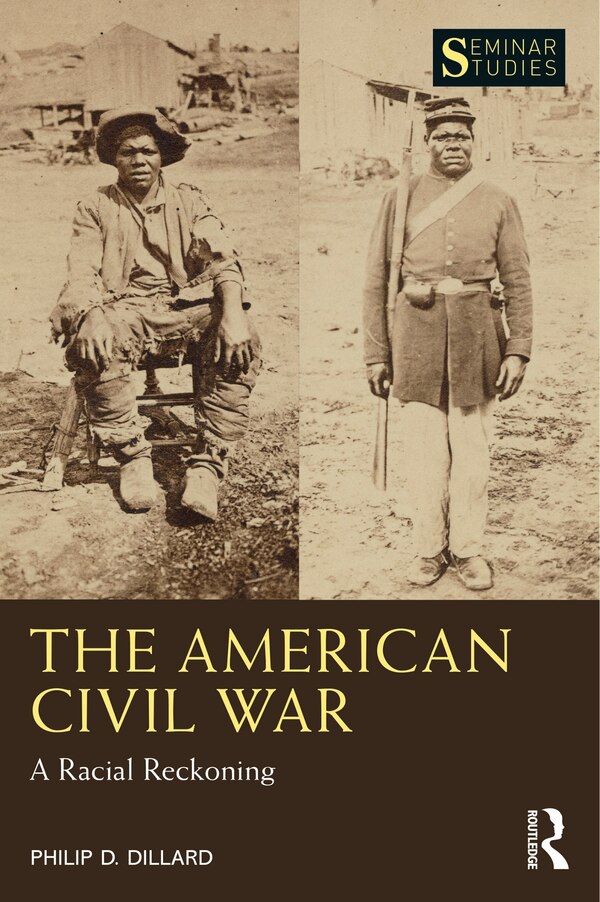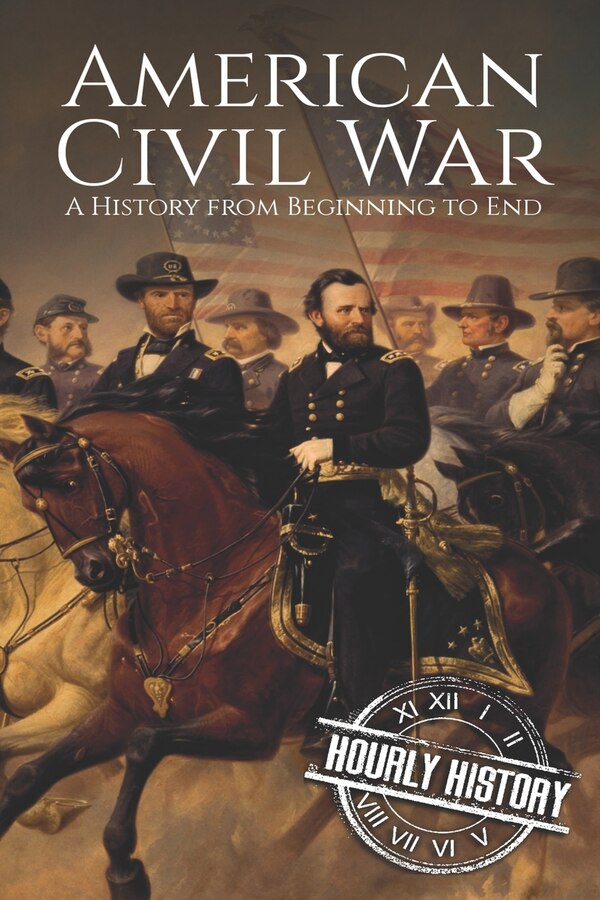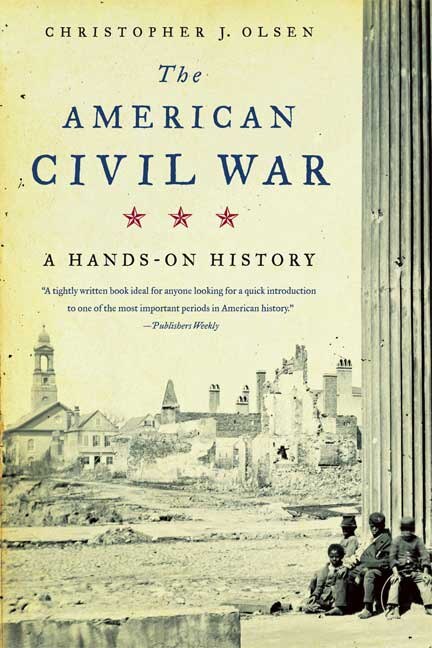Home
Topographical Intelligence And The American Civil War by Daniel D Nettesheim, Paperback | Indigo Chapters
Loading Inventory...
Indigo
Topographical Intelligence And The American Civil War by Daniel D Nettesheim, Paperback | Indigo Chapters
From Daniel D Nettesheim
Current price: $59.00


Indigo
Topographical Intelligence And The American Civil War by Daniel D Nettesheim, Paperback | Indigo Chapters
From Daniel D Nettesheim
Current price: $59.00
Loading Inventory...
Size: 0.23 x 9.69 x 0.47
*Product information may vary - to confirm product availability, pricing, shipping and return information please contact Indigo
This study analyzes the organizational approaches to meet topographical intelligence needs which evolved in the major Federal armies during the Civil War. Research reveals that a topographical problem existed in 1861 which had significant impact on Federal operations early in the war. The primary cause of inadequate military maps was the focus of the Corps of Topographical Engineers from 1816 to 1860. National leaders, as well as many Army generals and the military engineers themselves, supported strong emphasis on civil works and internal improvement. The nature of the war placed a premium on the North's need for maps. The geographic size of the theater and strategies of opposing commanders were key factors in determining the necessary degree of map detail. Three distinct approaches to the map problem emerged. In the East where large-scale maps were most important, little was accomplished by the Army of the Potomac as engineers were horded on the army-level staff and employed without functional distinction. This approach was consistent with precedence and pre-war doctrine. In the West, Grant decentralized his meager engineer assets in the Army of the Tennessee. His directives fostered centralized control and engineer focus on map work during critical phases of his campaigns with favorable results. Only the Army of the Cumberland developed a formal topographical organization extending from army to brigade level. Its system, with specialization as the cornerstone, was clearly superior to those of the other armies. Ironically, the formal merger of the two engineer corps in 1863 masked the system and reasons for its origin and success, many of which transcend the American Civil War. | Topographical Intelligence And The American Civil War by Daniel D Nettesheim, Paperback | Indigo Chapters














